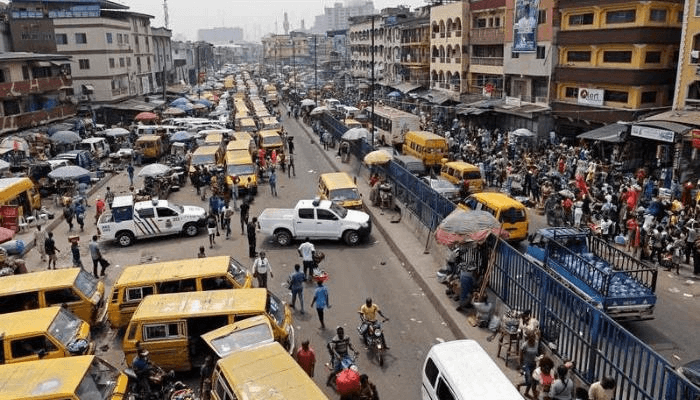There’s a growing debate on a way forward in the gruelling economic climate, if, in fact, stability has been achieved or the economy was ever unstable prior.
Many were caught unaware from the outset by the subsequent price shocks and, by fair judgment, are also blameless because of the absence of prospective forward-looking plans by the authorities. Hence, the origin of a confidence blackout, which frustrated hitherto prepared forecasts, and led to external balance-sheet losses.
Now with a well-grounded floated exchange rate regime in place, industries are no longer irresolute and hesitant in exploring external trade transactions, or need to fear disruptive currency swings, or feel short-changed by the forefront annoyances from distortions in the money supply that affect domestic rates.
So, the exchange rate reform adopted was on the right course! And going by the totality of consensus, the aftermath also has a cost that still lingers today.
The possibilities of a broad targeting regime can enhance corrective measures already in motion by reshaping the economics. Inflation targeting can drive down base inflation.
In fact, I believe the monetary authorities may have already initiated this step, although developing economies have always been generally immune to short-term intervention measures by the monetary authorities in tackling food inflation, and it’s always counterintuitive unless indirect channels are involved.
That’s where the Federal Government comes in! We know so far that the government has launched expansionary fiscal plans in the form of rolling-debt acquisition that may heighten fiscal spending entanglements.
However, the cost-of-living concerns should also be its focus. And if the eventual goal is economic rebirth, everyone will be better off. Strictly speaking, while a politician can covetously claim the economy was already unstable, many will disapprove and settle for a lifeless economy that neither amasses abundant capital flow nor gains.
Let’s agree that we are currently witnessing the culmination of a festering lifestyle with its far-reaching negative ramifications. To quote a former state governor, “If we don’t kill corruption, it will kill us.” So, the lingering costs of the economic reforms are the price we are paying for being too lenient with the great beast called corruption.
As perplexing as it appears, the economic reform(s) are still the predominant consideration. One side effect is a wider society divide, with residues of artificial castes comprising the “well off” and the “penniless”. The class of “penniless” is increasingly endangered without a well-grounded public intervention scheme.
Consensus also agrees that we became over-dependent on “hidden” government support subsidies with little regard to their elevation of our living standards. However, as a developing economy, government support subsidies are a necessity, and frankly, an inescapable phenomenon in maintaining a decent standard of living. Economies are powered by consumers, and not the other way around.
What of the benefits so far from the economic reforms, or simply monetary and fiscal adjustments embarked upon by the authorities? There are the higher current account surpluses that have accumulated as a result, and a “one-time” re-distribution of budgeted subsidy funds, which have subsequently become hand-outs to delightful state governors as relief palliatives.
Adherents of fiscally responsible norms may disagree that federal funds being reallocated as subsidy savings to the states is perhaps better suited to be transparently managed by the central government, and the current account surpluses should ideally fund the capital infrastructure projects instead of intrusive new external debt.
One fairly misunderstood aspect of economic reform is its pace and time to convergence. Without disciplined targeting and expansionary fiscal measures, any expected benefit from the reforms may not materialise, with all gains being eroded by the prevalent high inflation, and industries ultimately resorting to forms of workforce “shedding” to survive.
So, now that the government has gauged the immediate reception of its economic reforms, particular attention must be given to a time-targeted recovery scheme, which stabilises or grows the economy, unlike prior failed post-COVID-19 attempts.
Reforming a currency exchange rate system does not equate to total stability, nor does it correct domestic inflation. Then what are we stabilising exactly? Even with domestic insecurity or zero government subsidies, the current state of the economy is an actual and unmistakable reflection of its substantive capacity and resilience.
Well, economies evolve and hope also still lies with its largest export income contributor, the petroleum industry – though there is no denying that the sheer speed of new private oil refiners in that sector may threaten the survival of the government’s most essential asset for its budgets – the NNPC. So, the NNPC now has no choice but to muster proven methods to improve its wilting production gap and quickly match its peers around the globe. It can no longer offer any more excuses because the country needs it more than ever!

